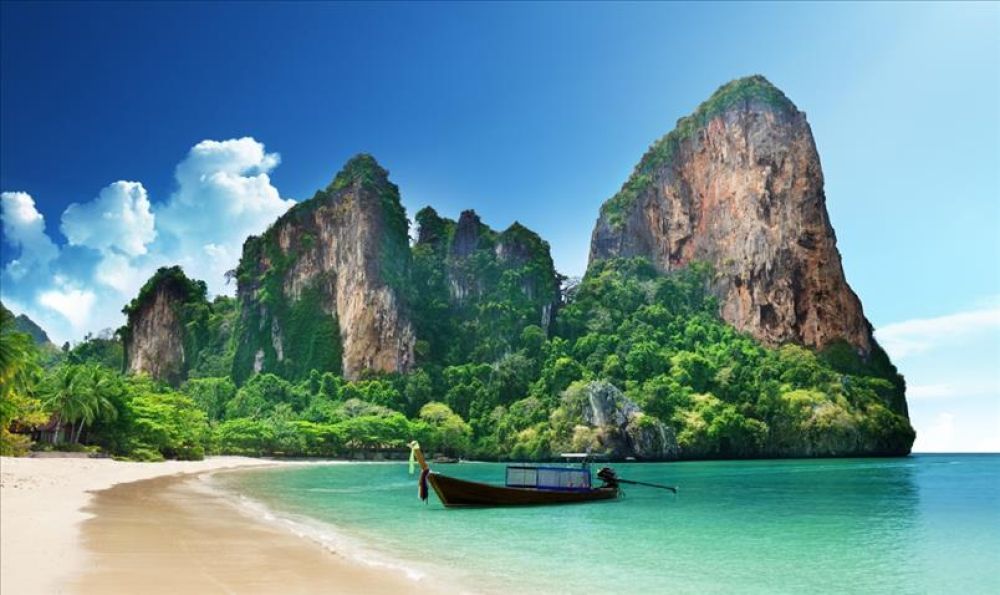Andaman and Nicobar, India Tourism History
The Andaman and Nicobar Islands, located in the Bay of Bengal, hold a significant place in India's tourism history. Known for their picturesque beauty, crystal-clear waters, and rich cultural heritage, these islands have transitioned from a historically significant region to one of India's most sought-after tourist destinations.
Historical Significance
The Andaman and Nicobar Islands have been inhabited for several thousand years. The earliest documented archaeological evidence dates back to 2,200 years; however, the indigenous tribes are believed to have lived there much longer. In the late 18th century, the British established a naval base and a penal colony on the islands, and later, the infamous Cellular Jail or "Kala Pani" was constructed to house Indian freedom fighters during the colonial era.
Emergence of Tourism
Tourism in the Andaman and Nicobar Islands started to emerge in the 1970s when the Indian government began promoting the islands' natural beauty and cultural diversity as a tourist destination. The initial focus was on the development of infrastructure such as hotels, resorts, and transportation facilities to make these islands more accessible to tourists.
Development and Preservation
By the late 20th century, the Andaman and Nicobar Islands had gained popularity among travelers, leading to a substantial increase in the local tourism industry. To ensure sustainable tourism development while preserving the ecological balance and protecting the rights of indigenous tribes, the government enacted several laws and established protected areas.
Natural Disasters Impact
The 2004 Indian Ocean earthquake and tsunami had a devastating impact on the islands, causing significant loss of life and property. The disaster led to a temporary dip in tourism, but the subsequent rebuilding efforts included improvement of infrastructure which eventually made the region more resilient and tourist-friendly.
Modern Tourism Trends
Today, the Andaman and Nicobar Islands have embraced modern tourism trends, focusing on eco-tourism, cultural tours, and adventure sports like scuba diving, snorkeling, and sea-walking. The promotion of sustainable and responsible tourism practices ensures that the unique environment and the way of life of the local tribes are preserved.
The islands have seen a steady growth in tourist activities, with Havelock Island (renamed Swaraj Dweep) and Neil Island (renamed Shaheed Dweep) being among the most popular destinations. The Radhanagar Beach in Havelock has been consistently rated as one of the best beaches in Asia.
Future Prospects
Looking forward, there are plans for further development in the Andaman and Nicobar tourism sector, including the potential construction of new resorts and improvement of digital connectivity. However, these plans are balanced with an emphasis on ecological conservation, to maintain the pristine nature of these islands for future generations to appreciate. The history and evolution of tourism in Andaman and Nicobar is a testament to the islands' resilience and enduring allure.
By ensuring the natural beauty and unique culture of the Andaman and Nicobar Islands remain intact, the region's tourism history can continue to evolve ethically and sustainably. The islands remain a prime example of the delicate balance between progress and preservation in the world of tourism.

